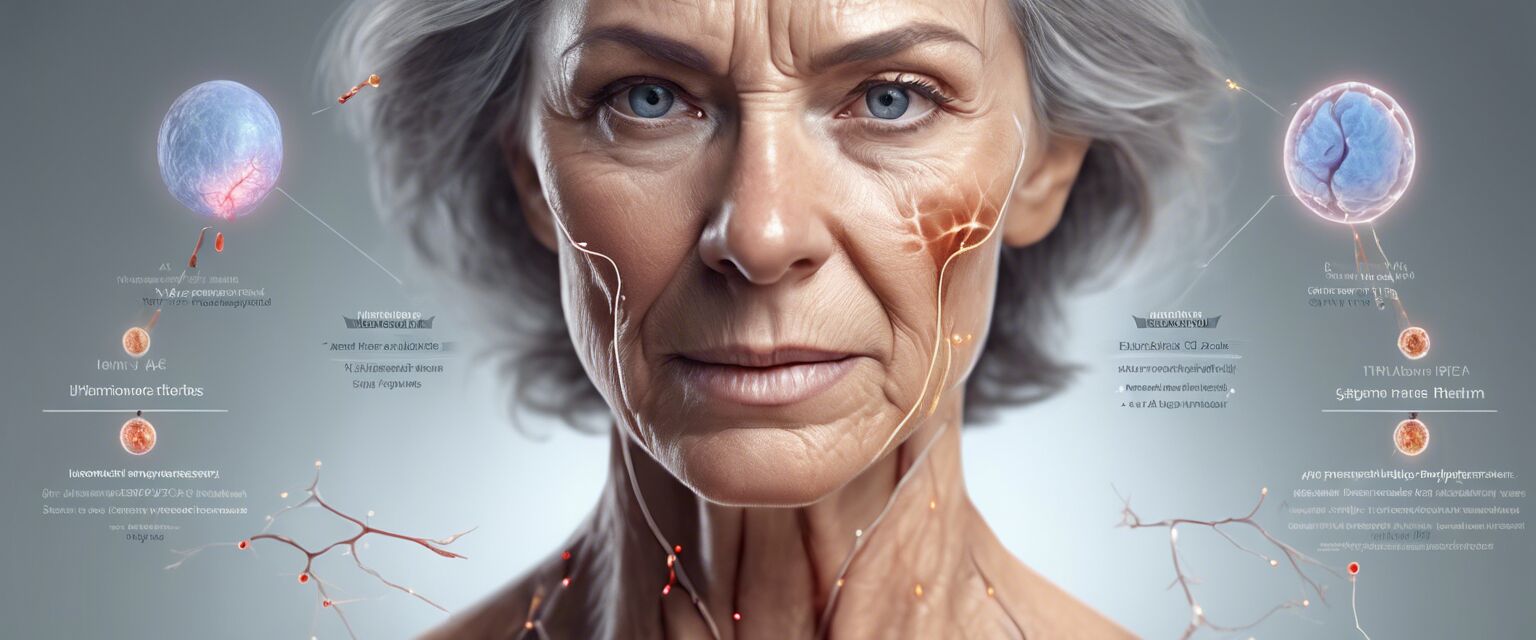
Introduction to Menopause
Key Takeaways
- Menopause is a natural phase in a woman's life, typically occurring between ages 45 and 55.
- The stages of menopause include perimenopause, menopause, and postmenopause.
- Various physical and emotional symptoms may accompany menopause.
- Understanding menopause can empower women during this transitional period.
Menopause is a significant life transition for many women, marking the end of menstrual cycles and reproductive years. Understanding what menopause entails is crucial for managing the symptoms and embracing this new chapter of life. This guide will delve into the stages of menopause, common symptoms, and tips for navigating the transition with confidence.
What is menopause?
Menopause is defined as the time in a woman's life when her menstrual periods stop permanently. It is a natural biological process that reflects the end of the reproductive years. The average age for menopause is 51, but it can occur anywhere between the ages of 45 and 55.
The stages of menopause
Menopause occurs in three stages:
| Stage | Description | Average Age Range |
|---|---|---|
| Perimenopause | The transitional phase before menopause, during which hormone levels fluctuate. | Typically begins in the 40s |
| Menopause | The point in time when a woman has not had a menstrual period for 12 consecutive months. | Around 51 years old |
| Postmenopause | The years following menopause; hormone levels stabilize at a lower level. | Begins after one year of no menstruation |
Common symptoms of menopause
Women may experience a variety of symptoms during menopause, which can vary in intensity and duration. Common symptoms include:
- Hot flashes
- Night sweats
- Sleep disturbances
- Mood changes
- Vaginal dryness
- Decreased libido
- Memory lapses

Managing menopause symptoms
While menopause symptoms can be challenging, there are various methods to manage them effectively. Here are some tips:
Tips for managing menopause symptoms
- Maintain a healthy diet rich in calcium and vitamin D.
- Engage in regular physical activity to support overall health.
- Practice stress-reduction techniques like yoga or meditation.
- Stay hydrated and avoid triggers for hot flashes, such as spicy foods.
- Consider talking to a healthcare provider about hormonal or non-hormonal treatments.
Emotional well-being during menopause
Mood swings and emotional changes are common during menopause due to fluctuating hormone levels. It's essential to prioritize mental well-being:
- Connect with other women going through similar experiences.
- Seek professional help if experiencing significant mood changes.
- Stay active and engaged in hobbies or interests.

Resources for women in menopause
Many resources are available to help women navigate menopause. Consider exploring the following:
- Hormonal Support Products
- Mental Well-being Guidance
- Fitness and Weight Management Strategies
- Skincare Tips for Changing Skin
- Sleep Aids for Improved Rest
Conclusion
Menopause is a natural part of life that all women will experience. By understanding what to expect and how to manage symptoms, women can navigate this transition with greater ease and confidence. Remind yourself that this is a time for growth and self-discovery, embracing the changes that come along with this phase.
Pros
- Increased understanding of your body.
- Opportunity to focus on self-care and self-discovery.
- Gaining wisdom and experience.
Cons
- Possible physical discomfort and symptoms.
- Emotional fluctuations that may affect daily life.
- Societal stigma surrounding menopause.








